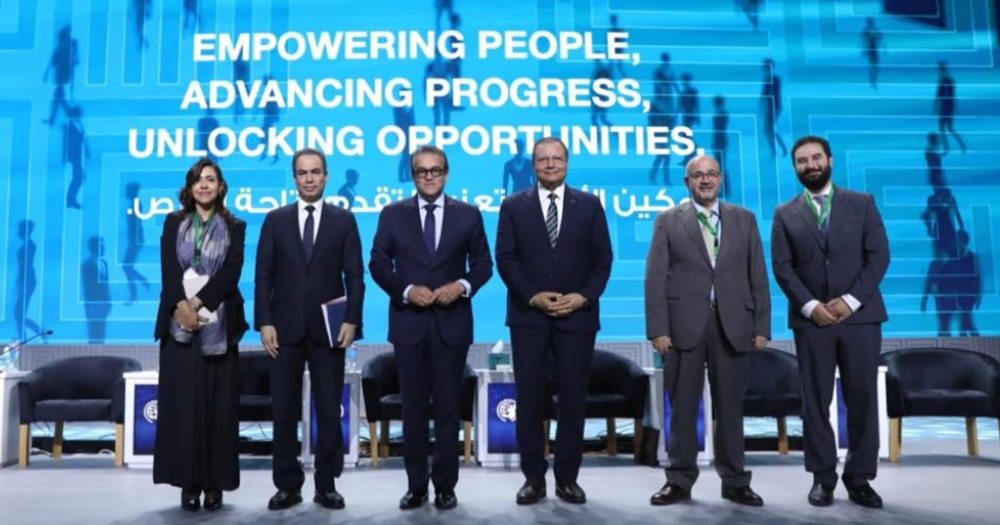Egypt launches national digital health strategy 2025-2029

Egypt has taken a bold step toward a more modern health future. At the Global Congress on Population, Health, and Human Development, the country's Deputy Prime Minister and Minister of Health and Population, Khaled Abdel Ghaffar, unveiled the National Digital Health Strategy for the period 2025-2029. He framed it as a turning point for Egypt's Ministry of Health and Population, saying it would shift the ministry into "the main regulatory body for a dynamic and multi-stakeholder digital health system."
That is a big promise. It signals a genuine effort to bring an entire sector into the digital age.
How does it work
At its core, the new strategy is a roadmap. It aims to establish a national digital health system that prioritizes people's needs. The ministry aims to ensure every Egyptian has safe and equitable access to high-quality health services, supported by secure technology and unified health data.
A few pillars stand out:
- Build secure digital systems that can talk to each other.
- Create one national layer of health data to help leaders make informed decisions.
- Equip the health workforce with digital skills.
- Expand digital services that match citizens' needs.
The minister explained that by 2029, Egypt aims to have an integrated digital health system that operates smoothly across public and private sectors. He noted that the plan "supports data-driven decision making" and helps the country handle fast-moving challenges with more agility.
Why does it matter
Digital health has long been discussed in Egypt. What has been missing is a sweeping national plan with clear direction. This strategy fills that gap. Abdel Ghaffar stressed that digital transformation is "not just technological development, but an investment in people." That sentiment matters. It signals a shift from slow bureaucratic processes to a system where citizens experience faster, smarter, and more reliable care.
The stakes are high. Egypt seeks to foster stronger trust between citizens and healthcare providers. It also wants long-term resilience. That means a health system that can adapt, anticipate, and survive shocks. With better data, seamless digital tools, and sharper coordination, the country is far more likely to reach that goal.
The context
This push comes at a moment when governments everywhere are rethinking health systems. The pandemic exposed weaknesses and compelled countries to reassess their approaches to collecting information, delivering services, and responding under pressure. Egypt is no exception. Backed by the state and framed as a national priority, the strategy is firmly embedded within the country's broader plan for sustainable development.
During a high-level dialogue at the congress, Abdel Ghaffar urged different state entities to move together and "accelerate the pace of digital transformation." He called for a whole-of-government approach that reinforces institutional work and keeps it moving. In simple terms, no ministry can do this alone. It takes alignment, patience, and a shared vision.
Egypt has now sketched that vision. What comes next will depend on execution and the ability to turn ambition into daily reality for millions of people who simply want health care that feels modern, humane, and dependable.
💡Did you know?
You can take your DHArab experience to the next level with our Premium Membership.👉 Click here to learn more
🛠️Featured tool
 Easy-Peasy
Easy-Peasy
An all-in-one AI tool offering the ability to build no-code AI Bots, create articles & social media posts, convert text into natural speech in 40+ languages, create and edit images, generate videos, and more.
👉 Click here to learn more


